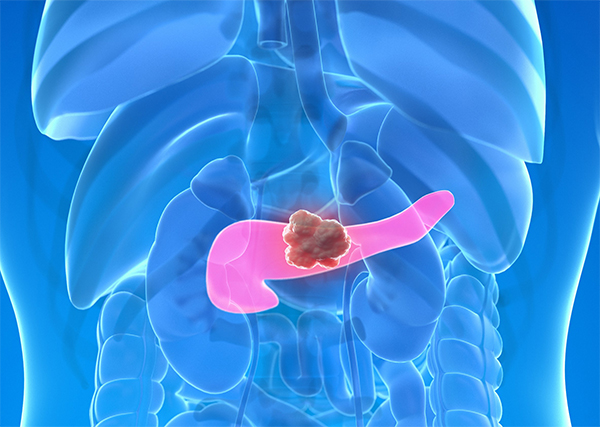
It's common knowledge that most stage 1 cancers are cured by surgery that removes them. In the case of pancreatic cancer, however, even stage 1 cancer requires chemotherapy in addition to surgery. There is a reason for this.
"Even if there is a nodule (cancerous mass) only in the pancreas, there are not only nodules but also invisible microscopic residual cancers circulating throughout the body," said Professor Lee Sang-hyub of the Department of Internal Medicine at Seoul National University Hospital on the YouTube channel “Seoul National University Hospital TV.”
Professor Lee noted it is a characteristic of pancreatic cancer.
"Chemotherapy is essential for treating pancreatic cancer because it reduces the size of the visible pancreatic cancer and treats the invisible microscopic residual cancer," Lee added.
In the early stages of pancreatic cancer, from stage 1 to stage 2, chemotherapy is usually given for six months after surgery. Recently, however, preceding chemotherapy has also been tried.
"Nowadays, the recommendation is to give chemotherapy first to reduce the size of the cancer further and make it resectable," Lee said.
Some elderly pancreatic cancer patients and their families think chemotherapy is difficult due to frailty, but this is not the case, Professor Lee noted.
"Just because you're older doesn't mean you don't have to do chemotherapy. In that case, it's individualized by reducing the dose or varying the interval between treatments. So, you don't have to be afraid of chemotherapy and give up on chemotherapy from the beginning," Dr. Lee advised.
In pancreatic cancer, surgery is as much a treatment option as chemotherapy. So, even if preceding chemotherapy is effective, surgery is still necessary for pancreatic cancer patients.
"At some point, chemotherapy drugs become resistant," Lee said. “Cancer responds well at first and shrinks to the operable size. Sometimes, however, it could grow back to an inoperable level."
There is another reason why surgery is essential for pancreatic cancer patients.
"Even if the cancer has shrunk thanks to chemotherapy, surgery is essential because the standard for determining whether the cancer cells remain can only be confirmed by removing the tissue through surgery," Lee explained.
For pancreatic cancer, surgery and chemotherapy are essential to tackle microscopic residual cancer, but sometimes radiation therapy is also required.
"If there is residual cancer in the area at the time of surgery, we try to prevent local recurrence by giving radiation therapy," Lee said.

